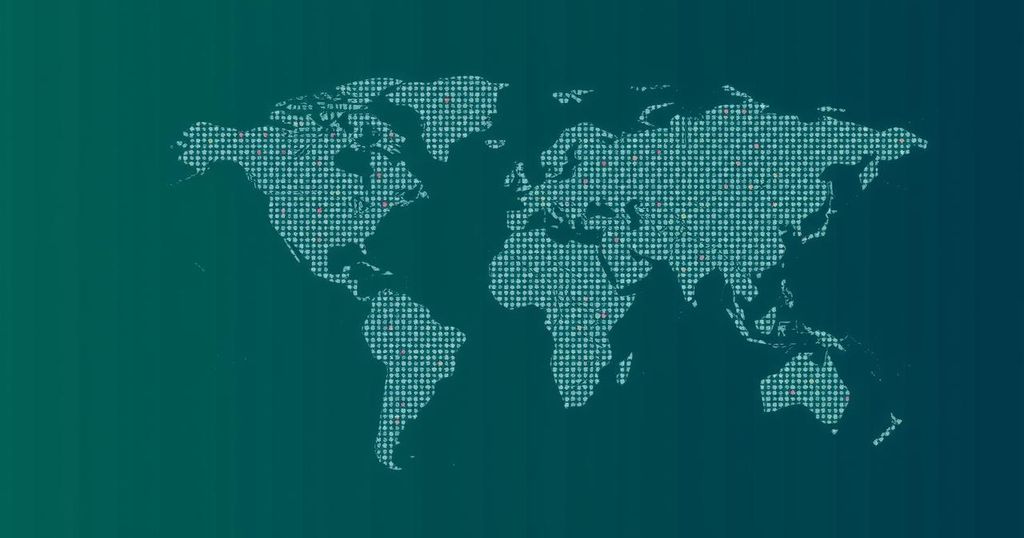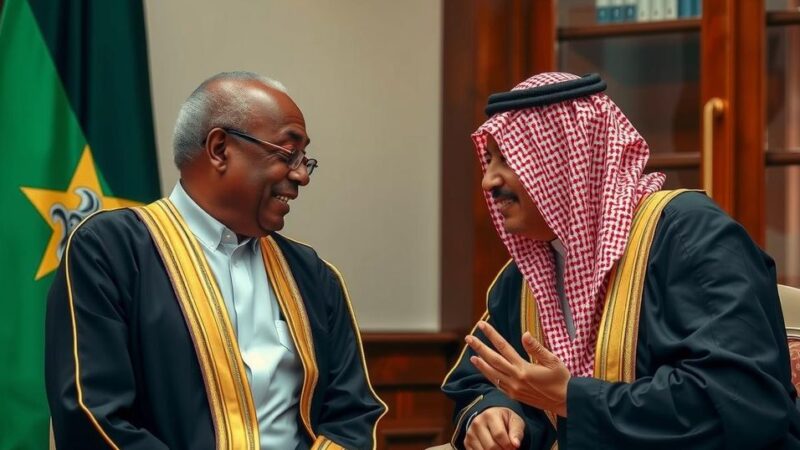1. Egypt has been certified by the WHO as malaria-free, marking a significant achievement in global health. 2. The UN is mobilizing support for Cuba due to power outages exacerbated by a tropical storm. 3. Calls for calm and investigation in Mozambique follow the killings of opposition figures. 4. The WHO is aiding South Sudan as it faces severe flooding and rising malaria cases.
In a remarkable public health milestone, the World Health Organization (WHO) has granted Egypt official certification as malaria-free, ending a centuries-long fight against a disease that has afflicted the nation since antiquity. WHO Director-General Tedros Adhanom-Ghebreyesus remarked on this historic event, stating, “Malaria is as old as Egyptian civilisation itself, but the disease that plagued pharaohs now belongs to its history and not its future.” This certification not only reflects the extensive efforts by both the Egyptian populace and government but also serves as an inspiring model for other nations grappling with the disease. In the broader context of global health, Egypt now joins a select group of 44 countries and one territory that have achieved malaria-free status, becoming the third in the WHO Eastern Mediterranean region, following the United Arab Emirates and Morocco. The Director-General commended Egypt for its accomplishment, stating, “I congratulate Egypt on this achievement, which is an inspiration to other countries in the region, and shows what’s possible with the right resources and right tools.” Meanwhile, the United Nations is prepared to support Cuba in the face of significant challenges resulting from a slow-moving tropical storm that has been exacerbating persistent power outages across the island. A staggering 10 million Cubans have reportedly lost electricity due to infrastructure degradation, fuel shortages, and the repercussions of the U.S. trade embargo. UN Deputy Spokesperson Farhan Haq noted the unfolding situation, stating, “The strong but slow-moving storm has generated significant rainfall in the eastern and central parts of Cuba over the past few days.” In Mozambique, UN Secretary-General António Guterres has called for a thorough investigation into the killings of two opposition figures during a period of electoral strife. He urged all parties to maintain calm and avoid violence as the nation awaits official election results. In South Sudan, the WHO is collaborating with local authorities to mitigate the impact of severe flooding affecting 890,000 individuals. The floods, largely a consequence of intensified climate change, have displaced over 226,000 people and rendered health facilities inaccessible. WHO has dispatched emergency health kits to aid affected populations. The situation is further complicated by rising cases of malaria and suspected cholera, highlighting the urgent need for comprehensive humanitarian support.
This article encompasses multiple global health and humanitarian issues currently affecting various nations. Egypt’s achievement in eradicating malaria is a significant public health milestone that resonates with international health standards and showcases effective national health strategies. The challenges faced by Cuba due to environmental factors and longstanding infrastructural issues reveal the intersection of health crises and political conditions. In Mozambique, the political tension following opposition killings underscores the fragility of democratic processes and the need for justice. Lastly, South Sudan illustrates the impact of climate change on humanitarian conditions, emphasizing the ongoing relevance of international assistance and emergency health responses. Understanding these interconnected issues is crucial for evaluating both the progress and the challenges faced globally in public health, governance, and human rights.
The recent accomplishments and challenges described highlight significant issues within global public health and governance. Egypt’s successful battle against malaria can serve as a motivational benchmark for other countries striving for similar health goals. Concurrently, the crises in Cuba, Mozambique, and South Sudan call attention to the ongoing vulnerabilities faced by populations due to natural disasters, political violence, and humanitarian needs. The collaborative efforts by international organizations like the WHO and the UN are essential in addressing these complex challenges and reinforcing global commitment to health and stability.
Original Source: news.un.org






